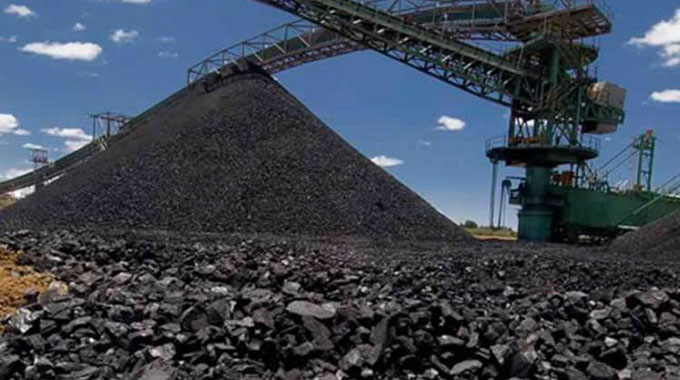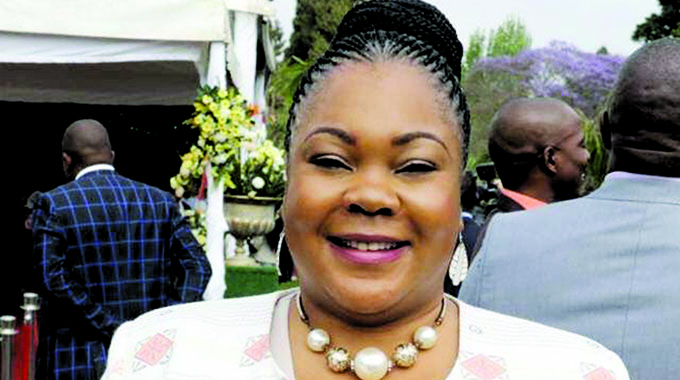Coal output plunges 38pc

Ishemunyoro Chingwere Business Reporter
Zimbabwe coal production plunged by 38,2 percent in the first four months of this year compared to the same period last year, as coal miners grappled with foreign currency shortages, statistics from the Mines and Mining Development ministry show.
Between January and April the four coal mining firms managed a total of 531 000 tonnes compared to 859 300 tonnes in the same period the previous year with the two biggest miners Hwange Colliery Company Limited (HCCL) and Makomo Resources taking heavy knocks.
The other two coal miners are Zambezi Gas and Garlpex. The decline was largely due to the pricing battle in the industry in the first quota, which saw producers demanding an upward review from the US$26,50 per tonne, arguing it is no longer viable considering rising cost of production as well as fuel shortages.
Prices of coal in local currency were first adjusted relative to the initial exchange rate of 2,5 for every US dollar, used when the interbank came into in March, but while the rate is now at 1 to 5, 64, coal payments are still being made using the initial rate.
Although Zimbabwe relies heavily on hydro power from Kariba Dam, a large significant chunk also comes from thermal power station Hwange and also Munyati, Bulawayo and Harare, which still being used despite having been decommissioned.
In an interview with The Herald Business yesterday, Makomo Resources — the country’s largest coal producer — said it was surprising that the coal pricing model had remained stuck at the old interbank exchange rate of 2,5 for when the rate was now at 1 to 5,64.
Makomo said pricing was one of the major reasons behind the plunge in output, adding production would increase immediately if the pricing issue was addressed.
“One of the biggest problems is on capacity and by capacity I mean the buyers’ capacity to pay for the product,” said Makomo Resources director Mr Raymond Mutokonyi.
“We are still being paid US$26,50 multiplied by the interbank rate of 2 5 per tonne, which was basically the entry point exchange rate when monetary authorities liberalised the market earlier in the year while on the ground the rate is now beyond five.
“So the point I make here is that if authorities adjust the pricing and have the $26, 50 multiplied by whatever the interbank rate of the day is, then this will obviously have a knock on positive impact on our production,” said Mr Mutokonyi.
Ailing HCCL, in which Government has the controlling stake, is also saddled with problems, which resulted in it being placed under administration — in terms of Section 4 of the Reconstruction of State-Indebted Insolvent Companies Act (Chapter 24: 27) (No. 27 of 2004) — to allow it to recover and potentially return to profitability.
Coal is key to meeting the country’s power requirements and ramping up production of the mineral will result in the country cutting on its power import bill.










Comments